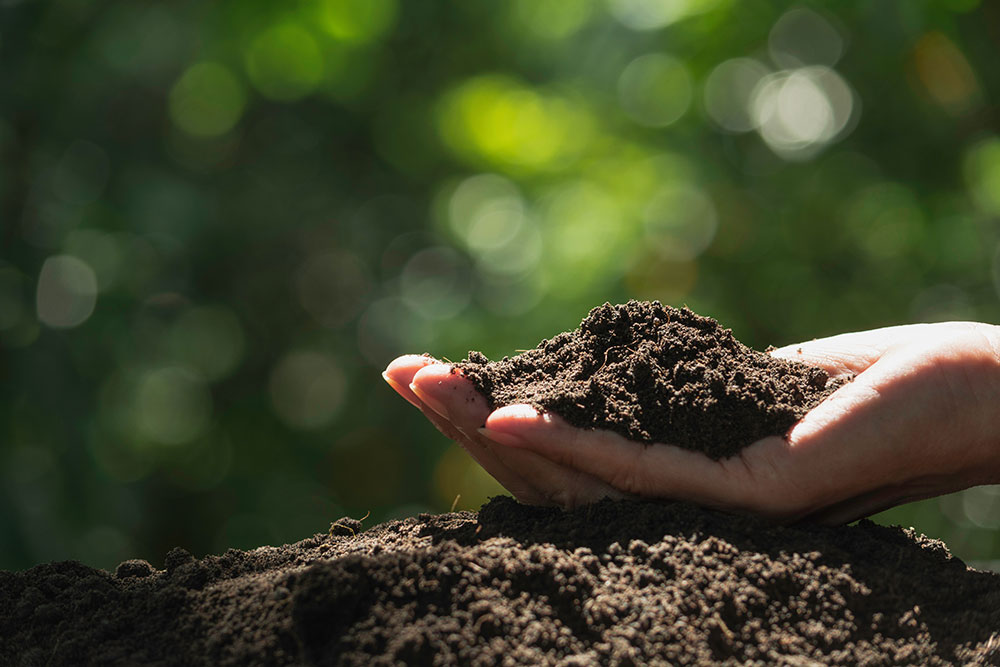In an era dominated by digital interfaces and virtual realities, the essence of physical labor, particularly through gardening, emerges as a poignant reminder of the effort-driven reward cycle fundamental to human well-being. This primal connection to the earth and the tactile satisfaction of working with our hands offer a stark contrast to the often intangible outcomes of modern computer-centric work.
The Modern Disconnect
While technology has undoubtedly brought unparalleled conveniences into our lives, it also comes with its shadows. Hours spent in front of computer screens contribute not only to physical ailments such as eye strain, carpal tunnel syndrome, and poor posture but also to a sense of disconnection from the tangible world. The immediacy and ephemeral nature of digital tasks can leave us feeling unfulfilled, craving the concrete satisfaction that comes from physical effort and visible, lasting results. Although, as I say this, I’m acutely aware that I make my living online and love my work, but it’s a very different sort of satisfaction achieved to that of a well-turned garden bed or a freshly cleared paddock. We used to joke about painting, the sort you do to your house, not on canvas, is one of the worst jobs yet at the same time one of the most satisfying jobs once done. Why because of that effort-driven reward cycle in our brains. The ultimate dopamine hit is when you stand back from a completed painting task and just let that sense of completion wash over you! You know what I mean don’t you.
Gardening: A Path to Mental Wellness
Gardening reconnects us with the ancient effort-driven reward cycle – the fulfilling process of planning, planting, nurturing, and harvesting. This cycle is deeply ingrained in human history and psyche, resonating with our innate need for direct interaction with nature and the satisfaction of seeing our efforts manifest in physical form.
The act of gardening – feeling the soil between our fingers, witnessing the miracle of growth from seed to plant, and the eventual harvest – offers profound mental health benefits. It reduces stress, enhances mood, and improves overall well-being. The rewards of gardening are both immediate, in the form of sensory pleasure and physical activity, and long-term, as we nurture plants to maturity.
The Effort-Driven Reward Cycle in Gardening
Gardening exemplifies the effort-driven reward cycle – a concept highlighting the mental and emotional benefits of engaging in tasks that require effort and result in tangible rewards. This cycle is crucial for mental health, providing a sense of accomplishment, purpose, and self-efficacy. Each step in the gardening process, from sowing seeds to harvesting crops, serves as a milestone of achievement, reinforcing our capabilities and resilience.
Healing through Earth’s Touch
The therapeutic value of gardening goes beyond the psychological, extending into the realm of physical health. The act of gardening encourages us to move, stretch, and engage muscles that might remain dormant during sedentary computer work. This physical engagement, coupled with the mental focus required, creates a holistic experience that nourishes both body and mind.
As we navigate the complexities of modern life, finding balance is key. Integrating hands-on activities like gardening into our routine can offset the intangible nature of digital work, grounding us in the effort-driven reward cycle that nurtures our mental health. The healing touch of the earth, through gardening, offers a potent antidote to the digital age’s disconnection, reminding us of the joy and fulfillment found in nature’s simple, tangible pleasures.
Until next time
Lucy

